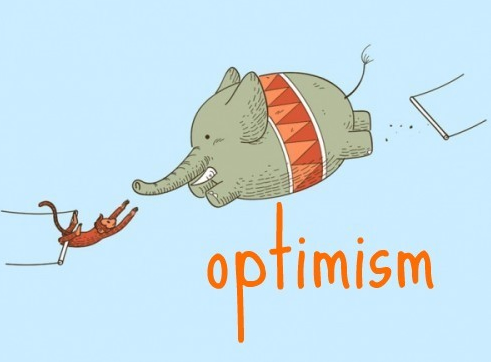Bridal shower mythology
Tuesday, February 21st, 2012 by Upenyu Makoni-MuchemwaGrowing up I used to visualise what I wanted my life to be when I finally reached adulthood. I was going to be a high-powered business woman/surgeon/philanthropist/mother in no particular order. My thoughts were often pre-occupied with the difficulties of deciding on a speciality (cardio versus neuro); when I would find time to establish my media empire (after the last child entered nursery school), how many PAs and nannies I would need to help me manage my tiny universe (one of each); and how exactly I would give back to the world (a Doctors Without Borders deployment to a war zone seemed to fulfill my needs for charity, travel and work in high pressure, stressful situations). Even though I wanted to be a mother, I wasn’t certain about the marriage bit. Pop-psychology will have us believe that only girls with daddy issues would discard the notion of a permanent male figure in their lives and that of their children. It’s not always that simple. I think sometimes you can take a look around and find that the idea of the Zimbabwean husband as discussed by married women is incompatible with a woman pursuing an ambitious life.
At bridal showers well-meaning tetes and friends of the family tell brides-to-be that from the moment of marriage their lives must revolve around keeping their husband happy. There must always be a hot meal ready for him when he comes home from work. Should she work, she should never be too tired to come home and make one. Even if she has the convenience of domestic help, she should still come home and cook for her husband. There’s always a story about nhingi who would let the maid cook, and now her husband has taken the maid as a second wife. The future husband is always right in an argument, even when he is wrong, he is right. If he beats her it’s a sign of love. A woman must always be sexually available to her husband. There is no such thing as not being in the mood. Yes, she may not want him, but she risks losing him, and his money to a small house or sex workers and the beer-hall. At the core, what they really mean to say is that self-denial on the part of a woman is imperative for a marriage to be successful. The only happiness that counts is his.
Having attended several gatherings of women where the myth that men are spoilt, selfish, overgrown children is repeatedly peddled, it occurred to me that I couldn’t have the ‘everything’ that implied my own happiness if I was married. There was no room for happiness in a relationship already overcrowded with a large child cum dictator. Sure, courtship would be wonderful, but that was the advert. In a marriage, I couldn’t reasonably expect my future husband to be a kind, gentle, loving but manly sort of man. From these women, I learnt that it was ridiculous to expect my future husband to be supportive of my ambitions, and, really, I had no right to ask. At best he would allow me the luxury of boredom in not having to work. At worst he would be poor, and a pathological cheater incapable of discerning abuse from love.
Over time I’ve come to learn that the ‘good’ men I knew were not exceptional. Most men, even the traditional ones, were not the sex-crazed, narcissistic, malevolent tyrants of bridal shower or kitchen-tea myth. Most men are actually kind, gentle, loving but manly sort of men. They are flawed, but then, so am I. Being in a relationship with one such has also taught me that it’s not too much to ask to be supported in my ambitions. That support can be freely given, even without asking for it. I’ve also learnt that relationships are about compromise as well as sacrifice.











